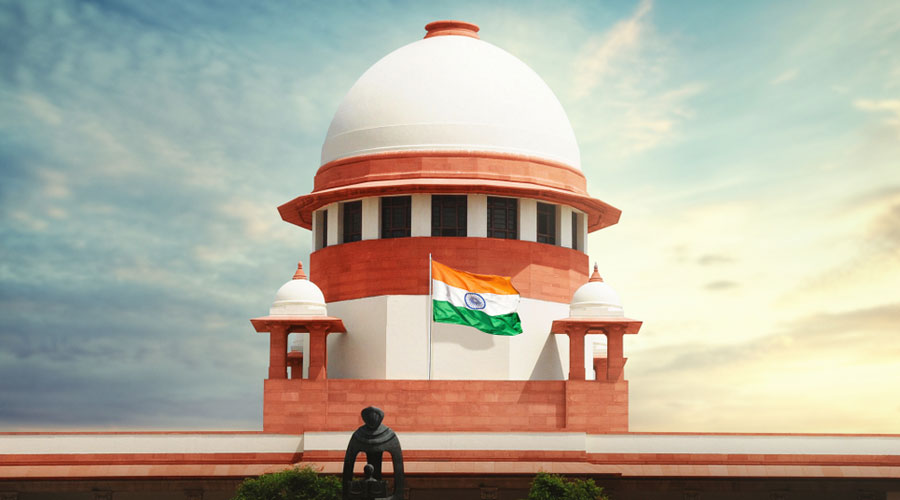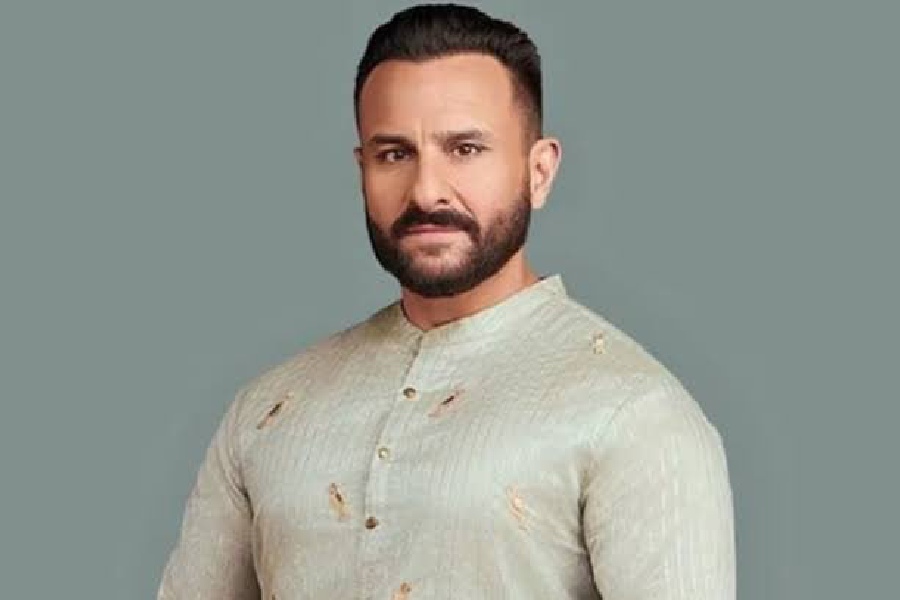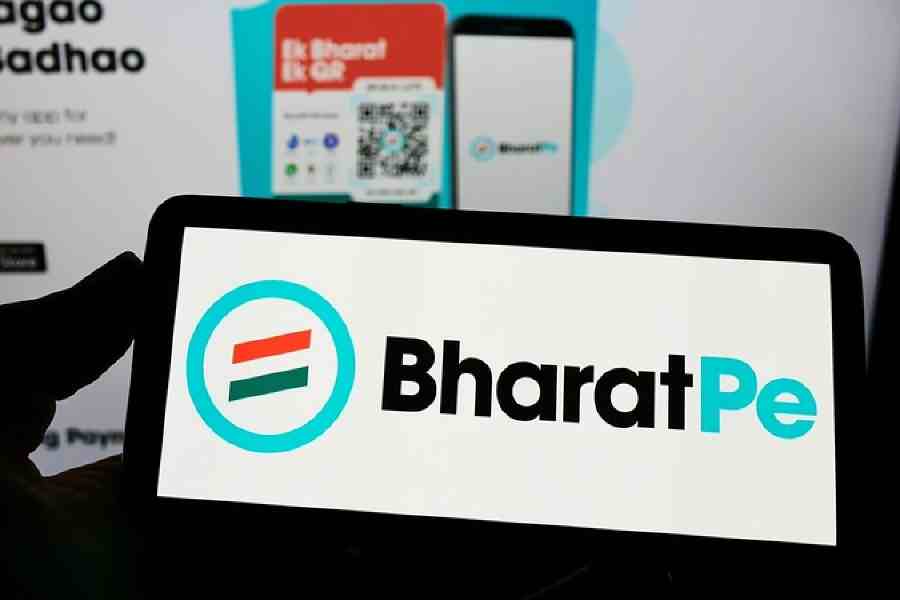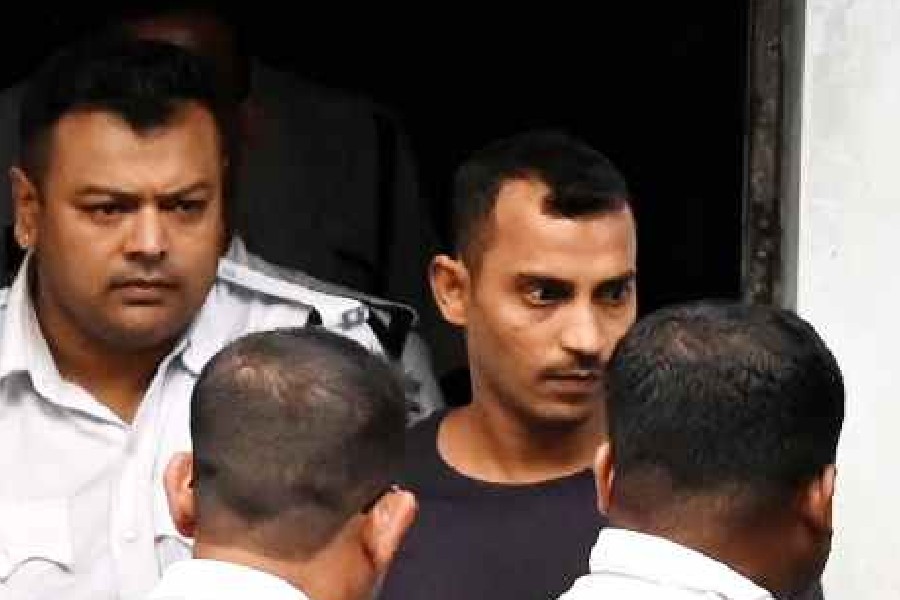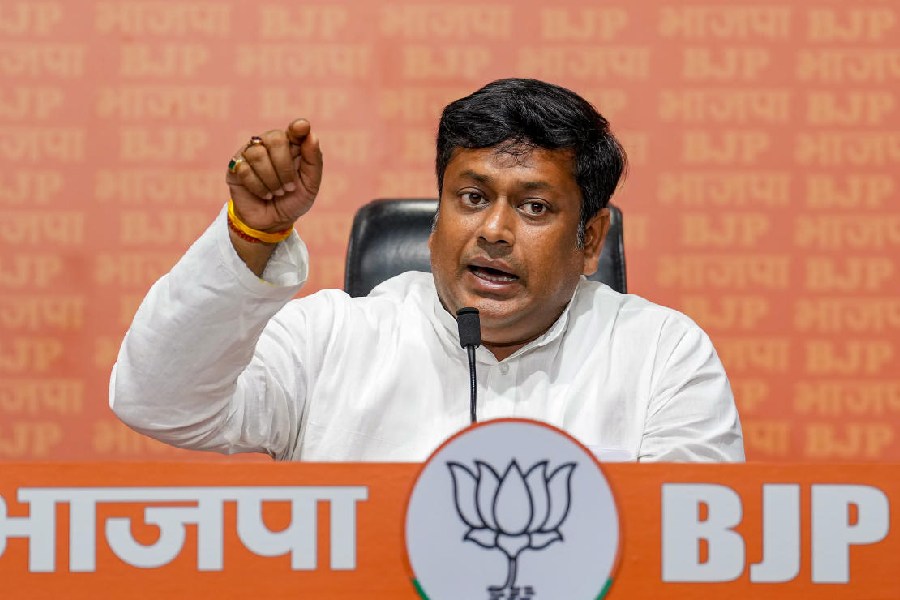The Supreme Court on Monday sought responses from the Centre and five other organisations on a petition seeking a statutory “media tribunal” to deal with complaints against media outlets relating to the promotion of hate speeches, sectarian reporting, paid news and misinformation.
Filmmaker Nilesh Navalakha and social activist Nitin Memane have filed the public interest plea, which comes at a time several news channels stand accused of aggressively promoting the government line on everything, earning themselves the epithet “godi (lapdog) media”.
Notices have been issued to the Press Council of India, News Broadcasters Association, News Broadcasters Federation, News Broadcasting Standards Authority and the Press Trust of India by the bench of Chief Justice S.A. Bobde and Justices A.S. Bopanna and V. Ramasubramanian.
The petition asks the top court to direct the government to establish “an independent, regulatory tribunal/ judicial body, known as ‘media tribunal’, to hear and expeditiously adjudicate upon complaint petitions against the media businesses filed by the viewers/ citizens”.
It also asks the court to set up an “independent high-powered committee headed by a retired chief justice or judge” of the Supreme Court or a high court, and “consisting of distinguished citizens from different fields/ professions and concerned stakeholders”, that will review the “legal framework relating to media-business regulation”.
“Today, electronic media has become the most powerful medium with unprecedented influence over the minds of the people. (There’s a) lack of accountability on the electronic media channels, which have the power and impetus to set the country ablaze with their hateful and fissiparous discourse,” the petition says.
“Over the last few years, media trials, hate speech, propaganda news, paid news, have become the order of the day, thereby impeding the right to a fair trial of victims and right to fair and proportionate reporting. It is submitted that reckless reportage by the electronic media without accountability can, by no stretch of imagination, be read into the right to freedom of speech and expression enjoyed by the electronic media.”
The petition seeks “appropriate guidelines outlining the broad regulatory paradigm within which media houses, i.e., broadcasters and electronic media, can exercise their (freedom of speech) so as to judicially regulate the same”.
Some of the questions raised by the petition, filed through advocate Amit Pai:
- Whether news broadcasters enjoy a greater freedom compared with the citizens of the country, and whether this freedom can only be subjected to self-regulation.
- Whether misinformation, fake news, hate speeches, propaganda, paid news, and “communal, indecent, aggressive, derogatory, sensational, scandalous and disproportionate reporting, incitement” are covered by the freedom of press, emanating from the right to free speech.
- Whether regulating news broadcasters and the electronic media would amount to curtailing the freedom of the media even if done within the parameters of “reasonable restrictions” as specified in Article 19(2).
- Whether Article 21 (right to life and personal liberty) of the Constitution envisages for citizens a right to free, fair and proportionate media reporting.
- Whether there’s a need to lay down guidelines and set up a judicial regulatory mechanism for the media.
The petition clarifies that its intention “is not to curb the fundamental rights of the media-business, but only to bring about some accountability for misinformation, inflammatory coverage, fake news, breach of privacy, etc, which the media business has indulged in, only with the aim to further their business, and to bring about consequences for acting in a fashion that is contrary to constitutional goals and morality”.
“It is submitted the exercise of power by the electronic media without any accountability is severely detrimental to the due process of law, and contrary to the rule of law,” the petition adds.
In the petition, Navalakha says he has produced nine films on social issues and received national awards for three: Shala, Fandry and Anumati.

